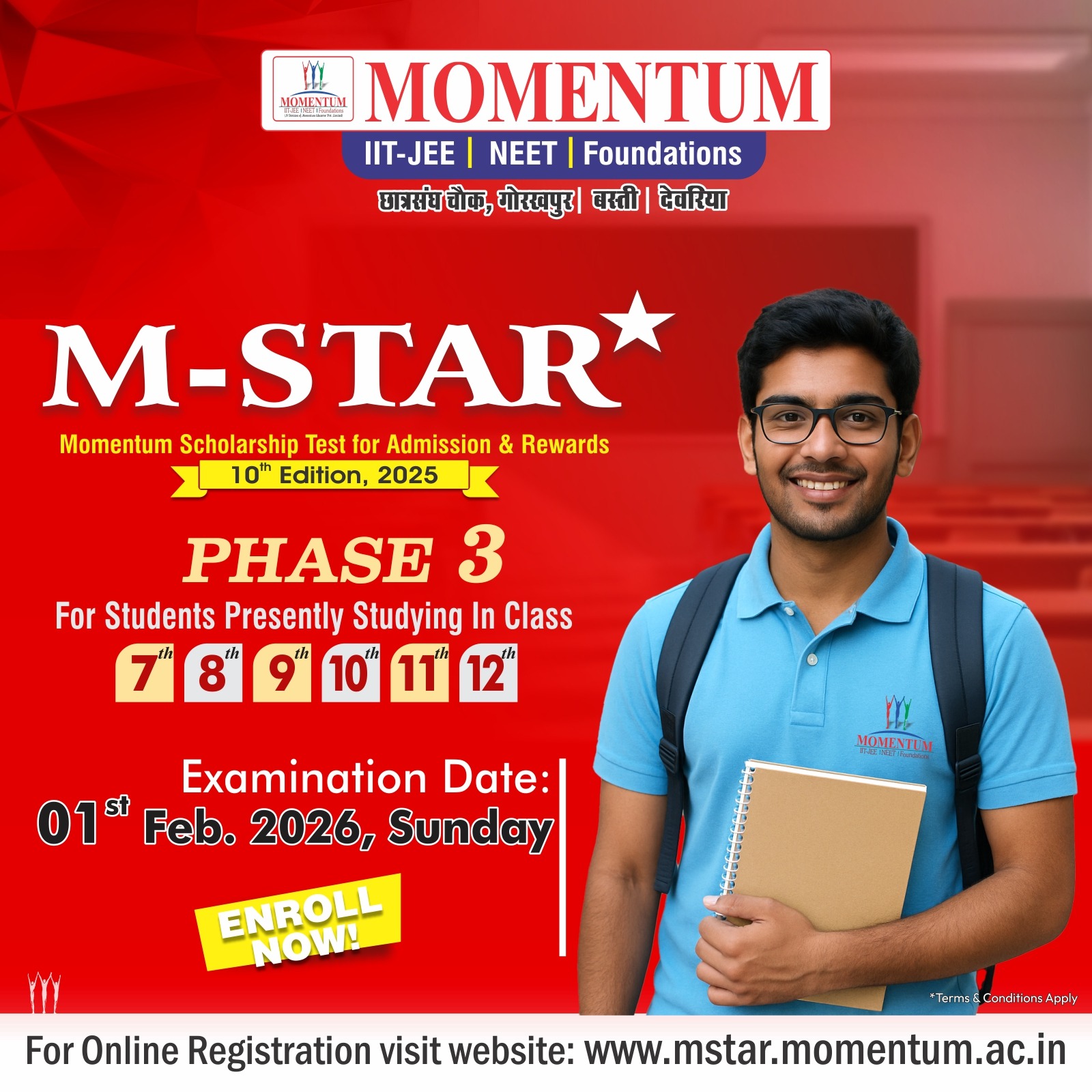How To Select JEE Advanced Test Series

Choosing the right test series is no longer an option for JEE aspirants; it is a necessity. While books build concepts, only disciplined testing builds rank, accuracy, and exam temperament. The fastest way to evaluate real preparedness is through a structured JEE Advanced Test Series that trains both the mind and performance. But with dozens of options in the market selecting the right test program can feel overwhelming. The real question is not “Which test series has the most tests?”, but “Which test series will improve my results after every attempt?”
Prioritize Exam Relevance, Not Just Test Count
Many students fall for test series that promise 80, 100, or even 200+ tests. But quantity without strategy is chaos. The ideal test model mirrors real JEE Advanced patterns, difficulty levels, section variations, confusing distractors and multi-concept questions. A strong test series must include a blend of:
- Topic-wise tests for foundational strength.
- Mixed concept tests to build analytical thinking.
- Full syllabus mocks for exam stamina.
- Previous year pattern recreation for trend understanding.
- Class-based and home-based assessment balance.
Verify If the Test Series Trains Accuracy Over Guesswork
JEE Advanced is an accuracy-first exam. One wrong decision can impact rank directly, which is why random guessing or attempting every question is a losing strategy. A result-driven test framework must train students to:
- Identify high vs. low ROI questions instantly.
- Avoid negative marking traps.
- Maintain accuracy even in lengthy calculations.
- Work with selective intelligence, not blind speed.
- Deep Analytics Matters More Than Just Scores
Raw marks are useless unless they generate improvement insights. The most powerful test programs provide detailed performance analysis including:
- Accuracy percentage vs. attempted questions.
- Topic strength & weakness mapping.
- Time spent per question behavior.
- Comparison at batch or state level.
- Mistake pattern recognition (calculation, concept, misreading, panic errors).
- Personalized improvement roadmap.
Simulated Pressure Environment Is Non-Negotiable
JEE Advanced is not only a test of knowledge, it is a test of nerves. Students must be trained to perform in an environment that simulates:
- Tough question distribution.
- Time scarcity pressure.
- Mental exhaustion in long papers.
- Unpredictable difficulty shifts.
- High decision fatigue.
Choose a System That Tracks Improvement, Not Just Performance
A powerful test journey should show:
- Fewer negative mistakes over time.
- Faster question selection ability.
- Better accuracy percentage every 3–4 tests.
- Improved sectional balance.
- Reduced panic behavior.
- Stronger finish in the final 30 minutes of the test.
If a test series only shows your score but doesn’t show your growth, it is a scorecard, not a training program.
Integrated Revision Support Gives the Real Edge
After repeated testing, students identify their exact weak zones. That stage requires precise reinforcement, not random PDFs. Quality revision support must include curated concept sheets, advanced question banks, topic-based error correction modules and structured problem catalogues. Top performers always back their test practice with the Best Study Material for JEE Advanced to polish weak concepts and strengthen execution before the final attempt.
Mentorship Must Be a Built-In Feature, Not an Add-On
A high-performing test system always includes strategic guidance such as:
- Review of wrong approaches, not just wrong answers.
- Help in building test-taking strategy.
- Personalized score improvement planning.
- Confidence counseling to reduce exam pressure.
- Performance discussions after key tests.
Testing without mentorship measures performance. Testing with mentorship improves performance.
Reputation Matters, But Results Matter More
Many institutes promote themselves as “top” or “number one,” but promotions don’t equal performance. The real differentiator is the student transformation graph, how many students move from average accuracy to high accuracy, from poor time management to smart paper control, from fear to confidence, and from preparation mode to rank mode. This is exactly why students serious about results choose the Best JEE Advanced Test Series as part of a structured performance system engineered at Momentum, designed to increase accuracy, reduce errors, and build real exam temperament, not just generate mock scores.
Conclusion
Selecting the right test series is one of the biggest academic decisions of your journey, it should sharpen your mindset, not just your marks. The ideal test system is the one that challenges you, analyzes you, corrects you, mentors you, and steadily improves your accuracy, speed, and decision-making after every attempt. Remember, JEE is not won by those who attempt the most questions, but by those who attempt the right ones with high precision and smart strategy. Test more, analyze more, improve more, and treat every mock like the real exam. The right test series doesn’t just predict your rank, it builds it. Start testing smart, and success will follow.
puai.jpg)

qebu.jpg)


56x1.jpg)


9bdd.png)


ui89.jpg)






xmap.png)
os6q.jpg)
